Ana Gonzalez was driving through Rialto, California, where she has lived for 23 years, on a recent weekend when she saw a startling and increasingly familiar sight.
Hundreds of 18-wheel diesel trucks sat idle outside an Amazon factory, spewing smoke outside a high school and residential areas. Gonzalez was so enraged that she pulled out her phone and broadcast the incident on her Facebook profile.
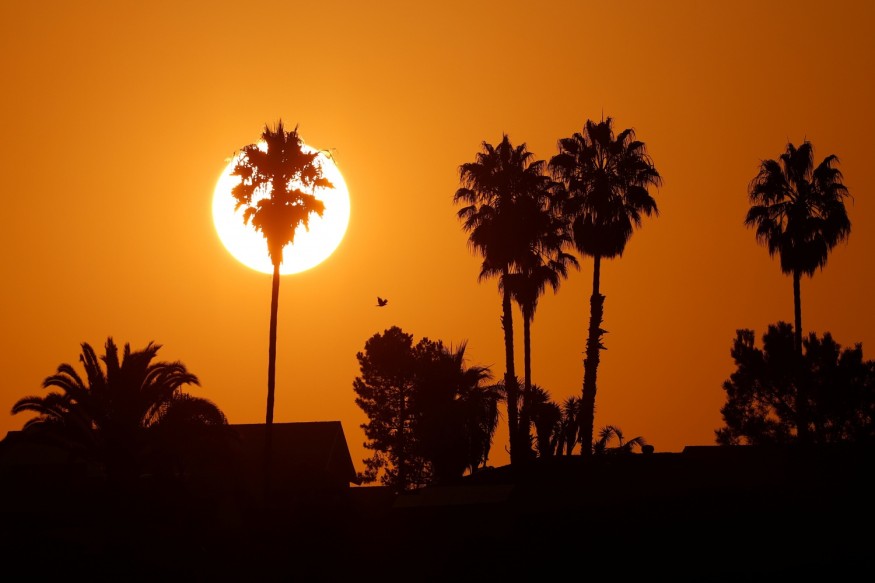
Toxic Fumes Ravaging Through the Neighborhood
Gonzalez's dissatisfaction with the high concentration of factories and the truck traffic they carry began two years ago, when she brought one of her two children, Jose, then 12, to the doctor because he was coughing and feeling sick all of the time. Jose's bronchitis and worsening asthma, she said, were direct effects of local noise, according to the psychiatrist.
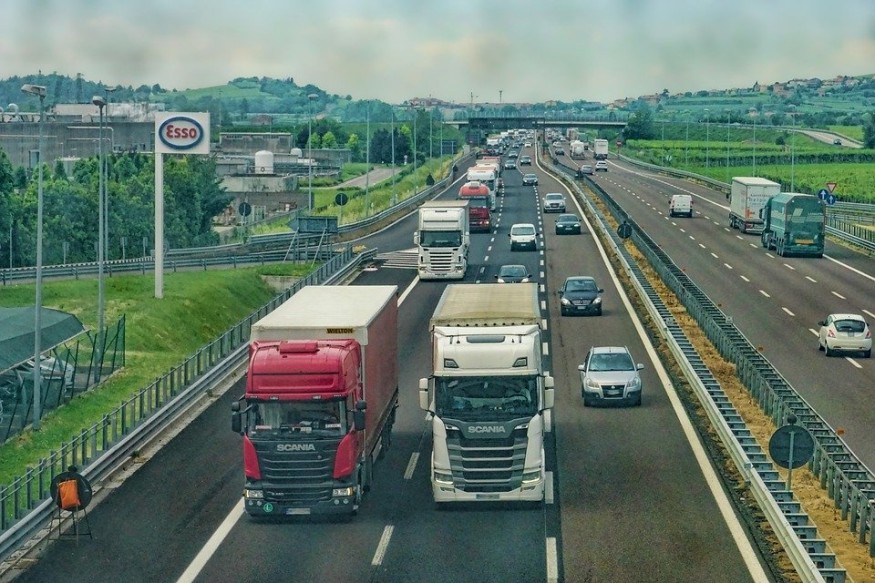
Rialto is located in the Inland Empire, a region east of Los Angeles where warehouses that ship online orders from Amazon and Walmart have proliferated in recent years. The air quality deteriorated as the warehouses arrived, according to Gonzalez. According to the American Lung Association, San Bernardino and Riverside counties, which make up most of the Inland Empire, have the worst air quality in the world.
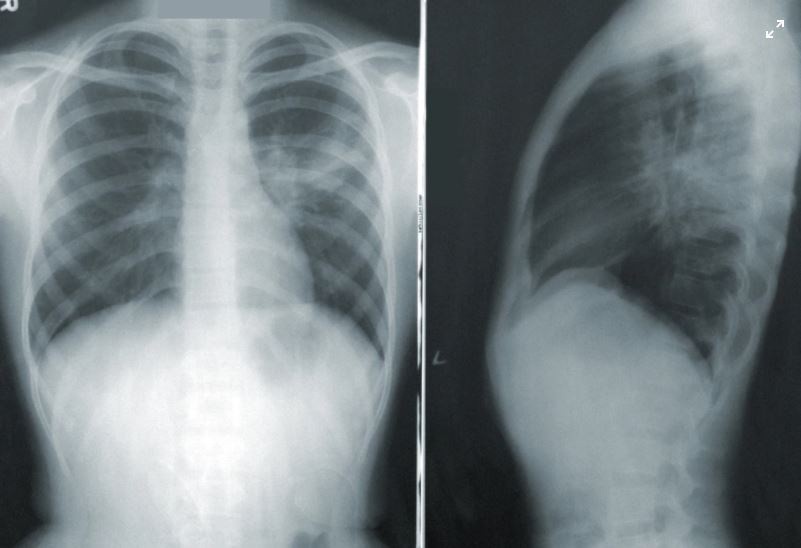
"As the years pass, he develops more bronchitis. We were able to keep asthma under control. However, the doctor claims that his health problems are caused by the poor air quality in our town, "Gonzalez, who works for the nonprofit Center for Community Action and Environmental Justice as the finance and administration officer, agreed. "No one in our household has ever had breathing issues."
Since 2012, Amazon has constructed 19 facilities in the Inland Empire, including fulfillment and air freight centers, according to the group. According to United for Respect, a nonprofit workers' rights organization, Walmart has at least six warehouses. More warehouses have resulted in more big vehicles passing through the overwhelmingly Black, Latino, refugee, and low-income communities where the factories are located.
Environmental Justice Study
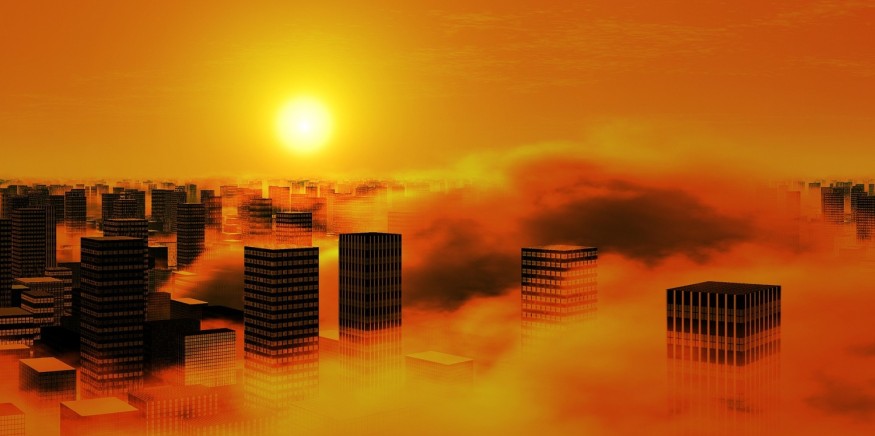
According to a study released this month by the People's Collective for Environmental Justice, academics at the University of Redlands, and other local organizations, much of this pollution has been linked to increased dangerous air pollution and associated respiratory health issues. The result showed it disproportionately affects people of color, including asthma, bronchitis, and cancer. According to the study, these are the groups that profit the least from Amazon's two-day shipping pledges.
"Who pays the expense of free delivery in the end? Are these warehouses being built by developers? Certainly not, "According to Anthony Victoria of the People's Collective for Environmental Justice, a local advocate. "The business is thriving. People's asthma, cancer, and a shortage of decent employment are all examples of the cost."
Hopeful Compromise
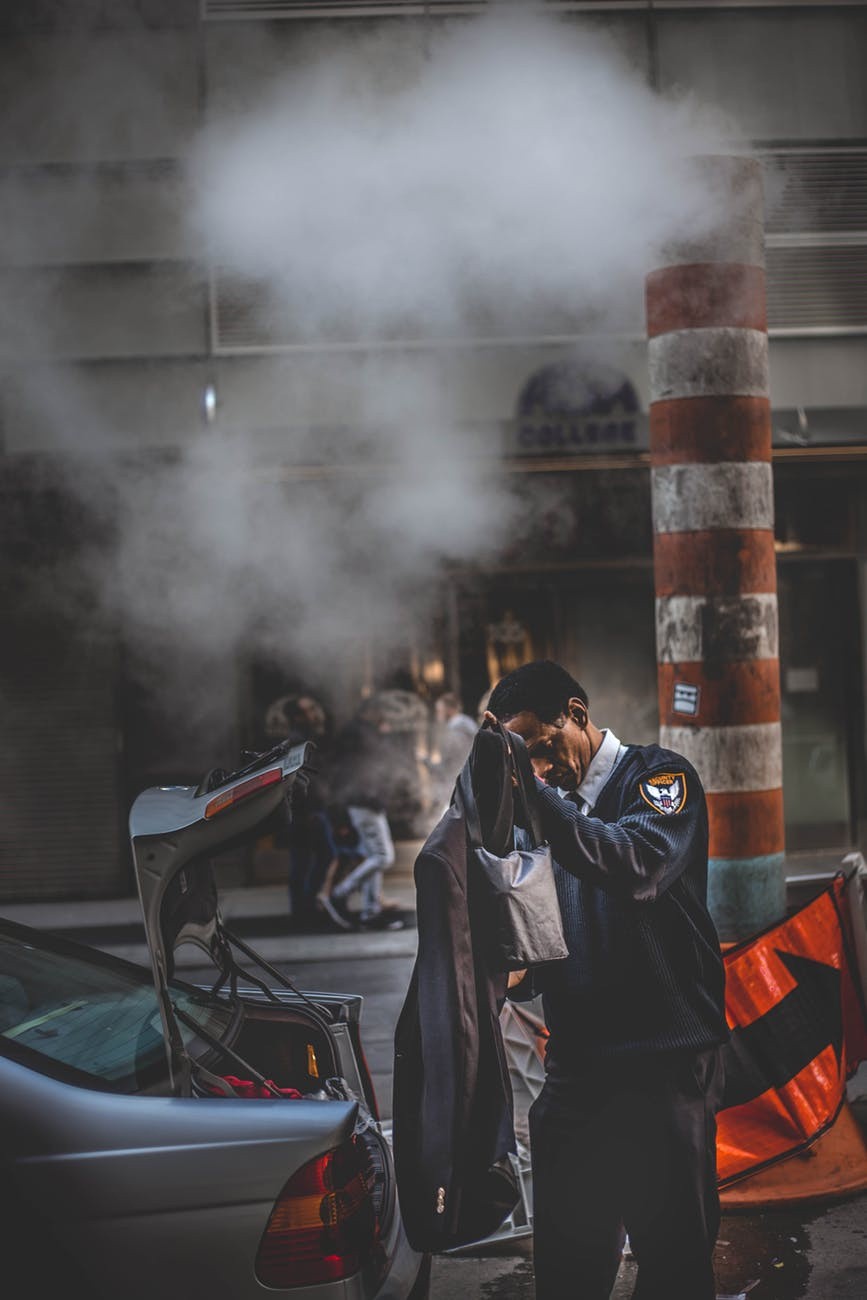
The report suggests implementing stricter air quality controls, which the board of the region's air quality monitor would vote on May 7. They will impose fines on warehouse owners who did not reduce their local carbon output.
The toxic fume situation has deteriorated to the point that Amazon employees have expressed frustration about the company's handling of air pollution problems in the region.
Support from Amazon Employees
Those fighting warehouses in the Inland Empire have backed some Amazon employees through the Amazon Employees for Climate Justice group. Before Amazon's annual shareholder meeting in May, the organization filed a motion urging the company to find ways to minimize "disproportionate environmental and health harms to communities of color" involved with its logistics activities.
For more Environmental news, don't forget to follow Nature World News!
© 2025 NatureWorldNews.com All rights reserved. Do not reproduce without permission.





